Sometimes life can be unbearable but in comparison to what some people go through, some of the daily challenges become a walk in the park.
What if you were born with every part of you functioning normally and then in a flash all that changes? There is no blow as hard as knowing that life will never be the same again.
But for one Abel Kirwa, life is a blank page where he has to write his story and a blank canvas where he has draw and create his own wonderful world.
Kirwa is no ordinary man.
At 24 years of age, he has faced and conquered mountains many of us don’t even know exist and on top of it all, he continues with a smile and a hope that is unfettered.
Read: Betty Kyalo is Not Superhuman. Let Her Drink, Yell and Misbehave
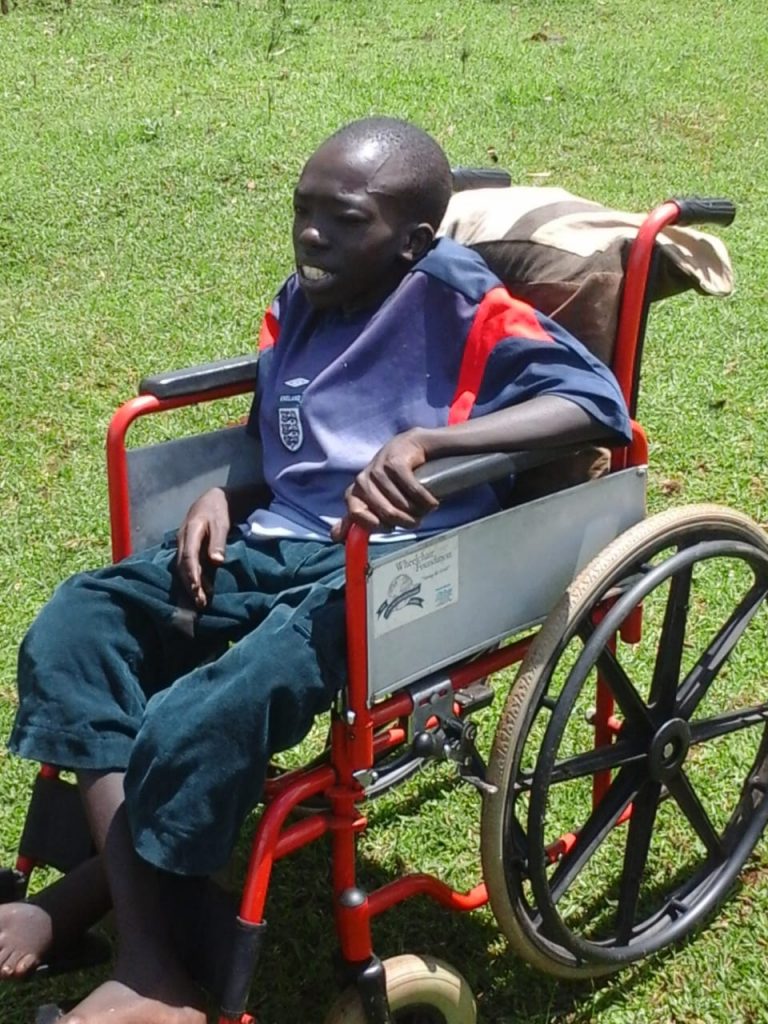
At 18, his world changed and to many, this would have been the crushing end but it was a new start for Kirwa who assumed a different role in this world both to his family and the society at large. He has been on a wheelchair since then and he says there is no looking back.
“I was born like any other kid, though I was sick on and off. I had low immunity which later led to a spinal cord disorder. After form four, it worsened and I got paralysed from the waist downwards. Some surgeries were done but I couldn’t regain my sensation. I’m now on a wheelchair permanently after I got amputated too due to weakening of bones. I got amputated on my left leg,” says Kirwa.
Kirwa says that the paralysis kicked in when he was in form four in 2014 and by January 2015, he could not walk completely.
“It was still mild and I did my best until I finished my secondary education successful. My close friends would help me in washing and other duties that I couldn’t do,” he says.
When such occurrences happen, family is always the first to be hit.
Kirwa says, “My family has really supported me since. Every time I was in hospital, they used to encourage me and give me hope. The support is 100%. I really thank every member of the family since they have been there. They make sure I don’t lack anything like a special diet, going to school and other essential activities.”
He adds that since the problem started in high school, his mates did not mind about his state.
“Most of them would even help me in laundry,” he adds.
Being a university student, Kirwa says that technology has favoured him.
See: High Return Businesses to Invest in Post-Coronavirus
“I study on distance learning mode. So, there are few challenges since most lessons are online.”
He says, “When I recovered from surgery, I was a bit late joining the university. My colleagues were in 3rd year. So, since I couldn’t depend on myself fully, I chose to study online (distance learning), I searched for the best university and I chose Kenyatta University. So there are fewer challenges since I rarely go school except during CATs and the end of semester examination.”
When one is confined by whatever walls, hope and positivity play a huge role in ensuring the wellbeing of a person.
Kirwa says, “What drives me is a positivity that “walking is overrated”. Life can continue with or without legs. I went into stressing about my condition because I was just about t to start my youthful life then boom! No walking.”
On counselling and faith through difficult times, Kirwa says he had to push himself and believe beyond doubt that no situation is permanent.
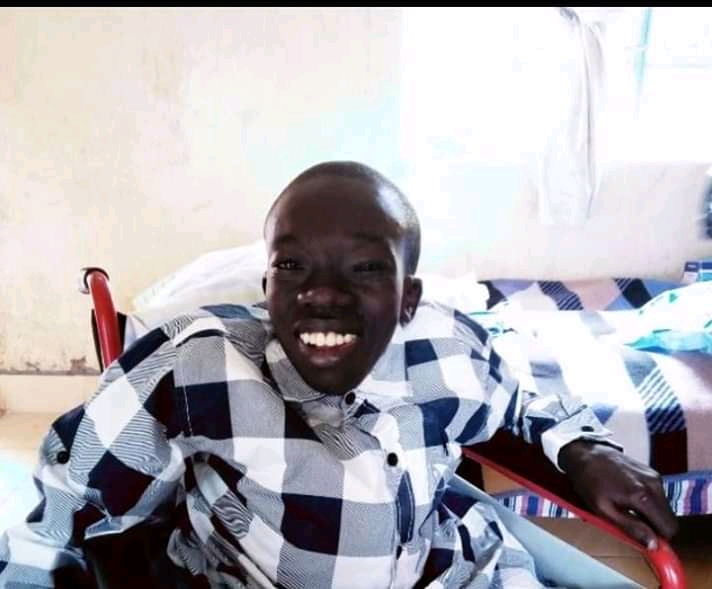
“I’ve really tried my best never look down upon myself. I might not able to do what my other age mates do but I just give myself hope that they are not a must. I’m a Christian and I believe God has a purpose. Prayer has been so useful to me. People may come and give you false hope, but inside you, you understand the real pain,” he says.
He says that being hopeful is important in difficult circumstances.
“Having faith is important to me. It really helped me not to lose hope. Nowadays even if I get sick I’m sure God is there and I will get healed. The pain I went through during that transition hardened me. I’m from a Christian family and we have normalized praying.”
Kirwa says that the condition has come at a cost.
“For sure this condition is very expensive. Disability comes with a cost. For example, wherever I go, I must have a taxi or use a car and not public transport. This comes with a cost. But, the most expensive thing is managing my health. Since I can’t control my bowel and bladder, I’m always on an adult diaper. They are really expensive. Like, one packet has 10 diapers costs around Ksh1200 and I use around 2 -3 daily. This translates to one packet for days. One month will sum up to 10 Packets. All in all we thank God for everything. In education, it is costly when going to school for exams since I have to use a private vehicle and go with two care givers. I have to facilitate them all through until I complete my exams.”
The society has a perception about people who are differently abled and Kirwa says that being on a wheelchair is not a sin.
“It happens in life. People should take a wheelchair like a car (he chuckles). That’s how I take my chair. I have named it BMW. Another thing is sympathy. We don’t need sympathy we need an opportunity. You can help me but don’t be too sympathetic,” he cautions.
If there’s one thing you could change for someone who is struggling today, what would it be?
“Life has its own challenges. Be ready to face them. Being on a wheelchair might be challenging. Imagine you are used to walking then all of a sudden you have to sit the whole day. You have no privacy since you need help. Challenges come and go. Be positive,” advices Kirwa who is a fourth year Student studying Bachelor of Library and Information Science.



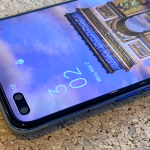
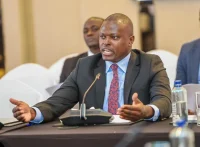
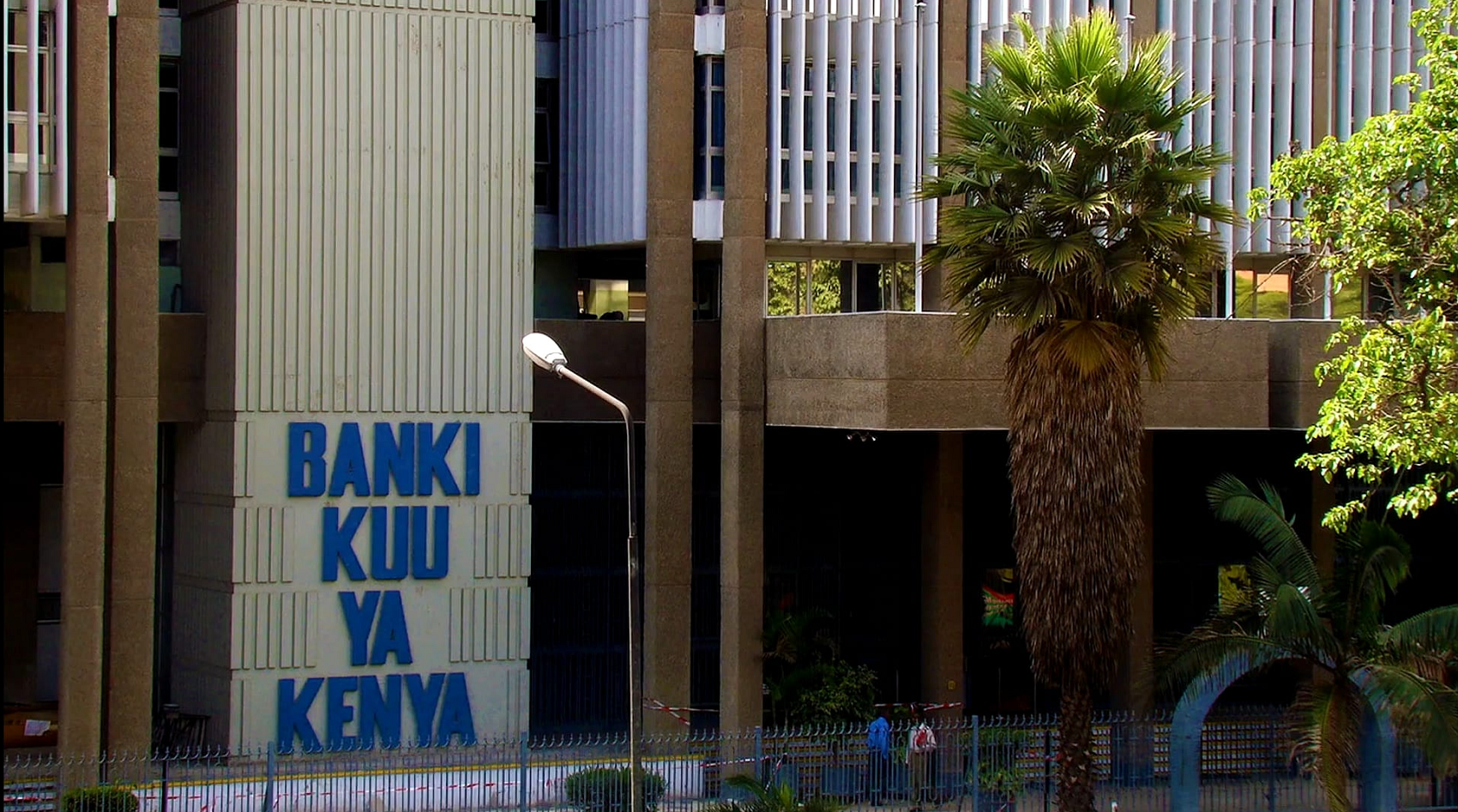
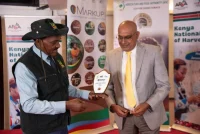

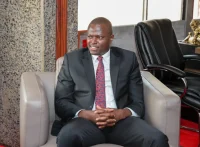
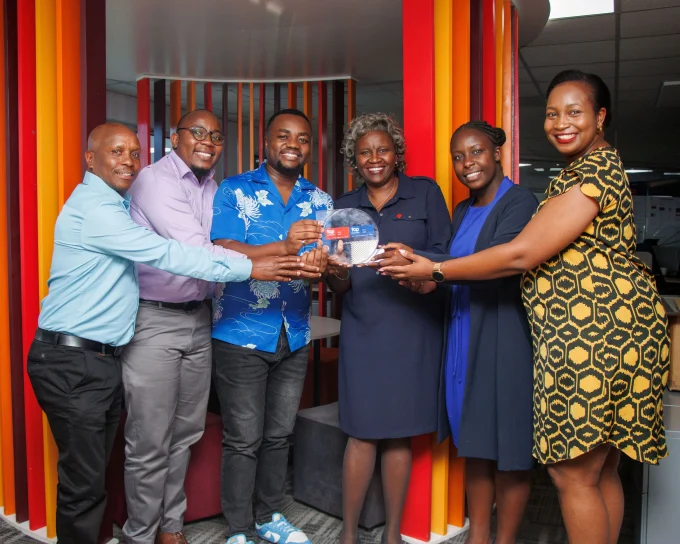


Leave a comment